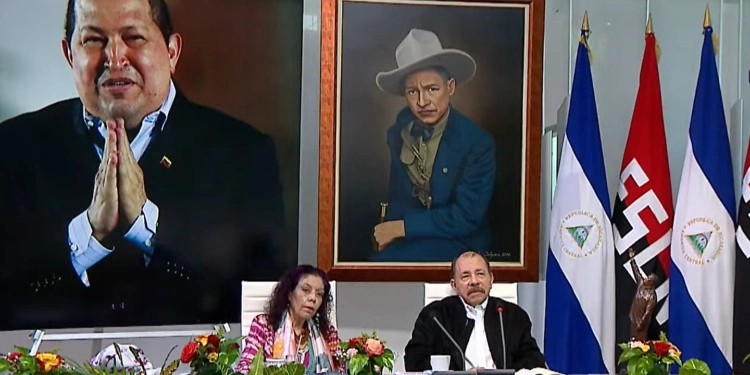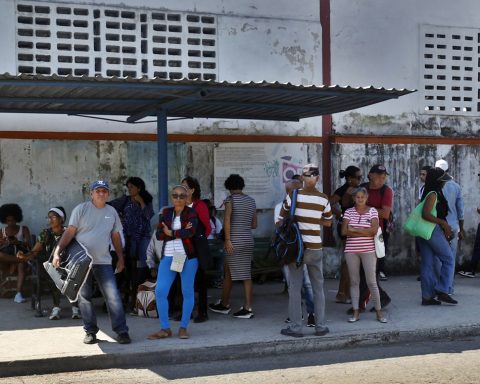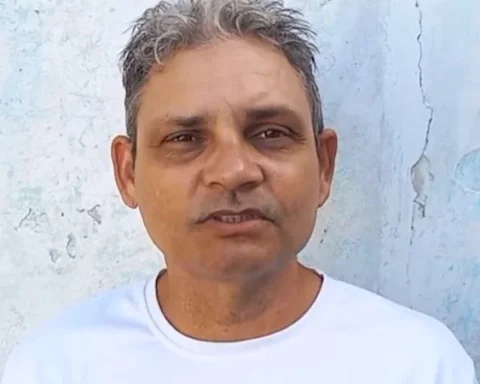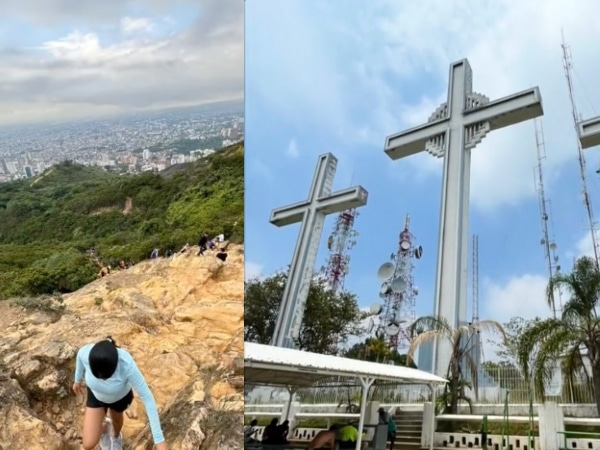MÉRIDA, Mexico -. The Nicaraguan dictator Daniel Ortega has ordered a reform of the Nicaraguan Penal Code that will allow him to prosecute exiled Nicaraguans and foreigners.
The reform aims to prosecute opponents both inside and outside the country who could be sentenced to up to life imprisonment, international media reported.
The sentences range from life imprisonment to confiscation of property and are classified as crimes that Ortega and Rosario Murillo usually use to criminalize their adversaries: money laundering, terrorism, cybercrime and crimes against public administration.
“This reform not only seeks to expand the regime’s ability to persecute opponents within Nicaragua, but also extends its reach beyond national borders, becoming a weapon of transnational repression,” said denationalized opposition leader Félix Maradiaga, Cited by Infobae.
The amendment, which changes 27 articles of Law 641 of the Penal Code, was sent by Ortega to the Justice and Legal Affairs Commission of the National Assembly, controlled by the presidential couple.
The most significant change concerns Article 16, which now establishes that Nicaraguan criminal laws will be applicable to Nicaraguans or foreigners who, while outside the national territory, have committed the aforementioned crimes.
“This law is designed to target anyone with penalties and confiscations, regardless of whether they are in Nicaragua or not, and without requiring their presence at the trials. The number of those affected is expected to rise dramatically, from the 317 people declared stateless last year to thousands more. It is not simply a new law; it is a declaration of war against all those who challenge the regime, wherever they are,” the opponent adds.
The law also continues to legitimize the confiscation of assets from NGOs and opponents and leaves open a broad interpretation regarding the commission of crimes.
US sanctions
In May, the U.S. Department of the Treasury’s Office of Foreign Assets Control (OFAC) announced new sanctions against the Ortega and Murillo regime.
According to a statement from the Treasury Department, the sanctions seek to address the repression of the Nicaraguan people and the manipulation of the gold sector for the benefit of corrupt operations.
The sanctioned entities include the Russian Ministry of Internal Affairs Training Center in Managua (RTC), the International Mining Company, Joint Stock Company (COMINTSA) and Capital Mining Investment Nicaragua, Joint Stock Company (Capital Mining).
The RTC is a subdivision of the Ministry of the Interior of the Russian Federation, which trains the forces of the Ortega-Murillo regime under the repressive model of the Russian Government. According to the US State Department, it is a key actor in the repression of civil society in Nicaragua and in the arrest and imprisonment of dissidents and activists for human rights and fundamental freedoms.
Treasury Under Secretary for Terrorism and Financial Intelligence Brian E. Nelson stated: “By leveraging the training it receives from the Russian-backed RTC and the revenue it generates by exploiting the gold sector, the Ortega-Murillo regime has continued its anti-democratic campaign of repression against its citizens.”
He added that the US “remains committed” to using its “tools to support the Nicaraguan people, including restricting the Ortega-Murillo regime’s ability to finance its oppressive and destabilizing activities.”
As a result of these actions, all property and interests of the designated individuals and companies that are in the U.S. or in the possession or control of U.S. persons are blocked and must be reported to OFAC. In addition, any entity that is owned, directly or indirectly, 50% or more by one or more sanctioned persons is also blocked.
The Treasury Department’s statement stressed that “financial institutions and other persons who engage in certain transactions or activities with sanctioned entities and persons may be subject to sanctions or enforcement action.”
















